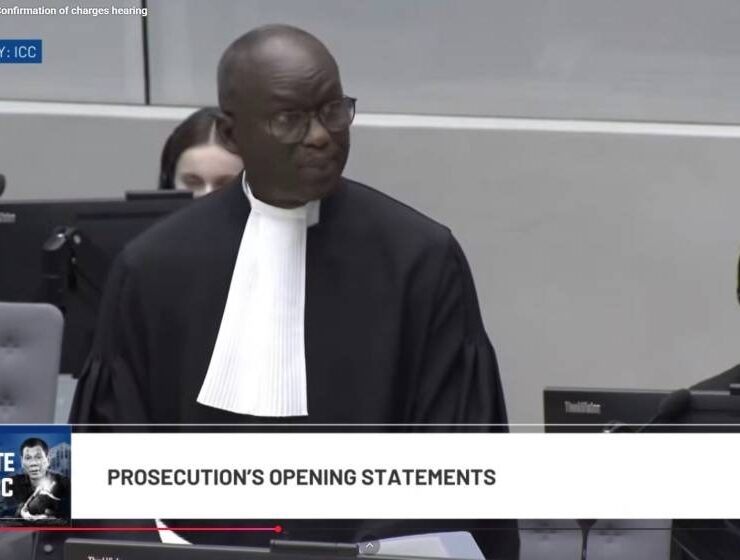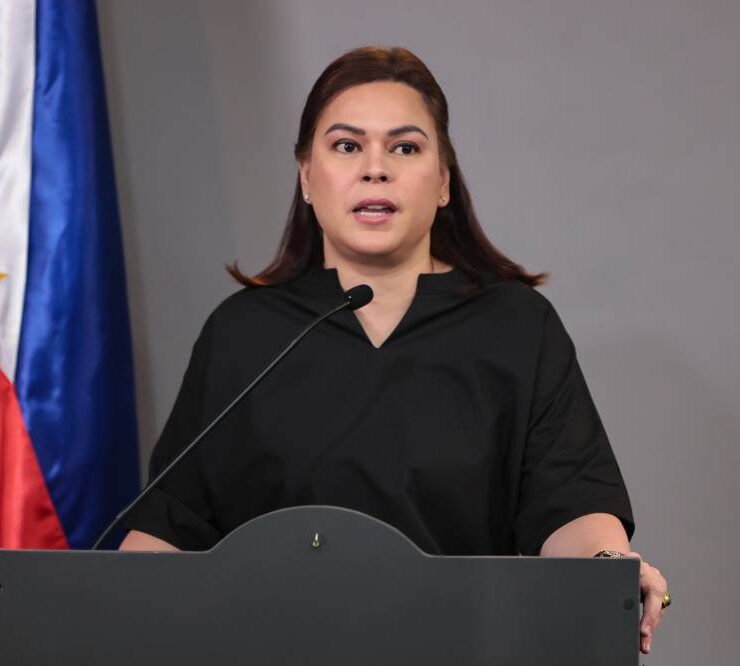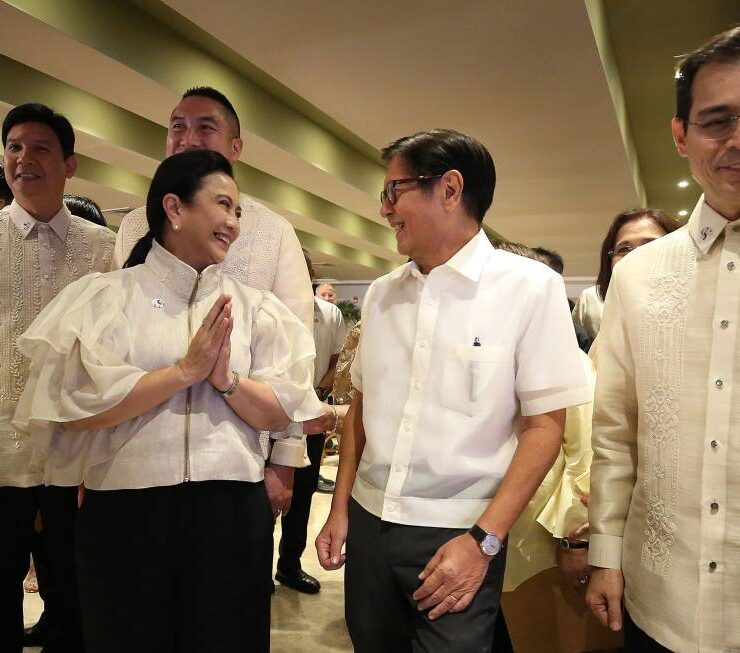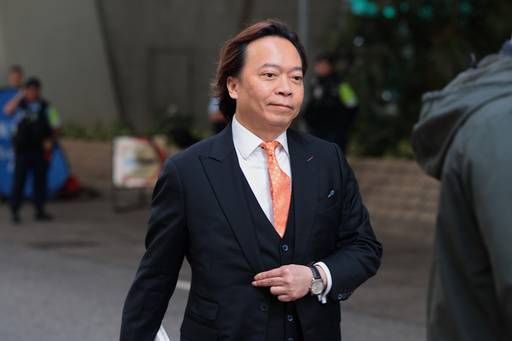Lacson, Sotto tag DPWH usec in budget insertions
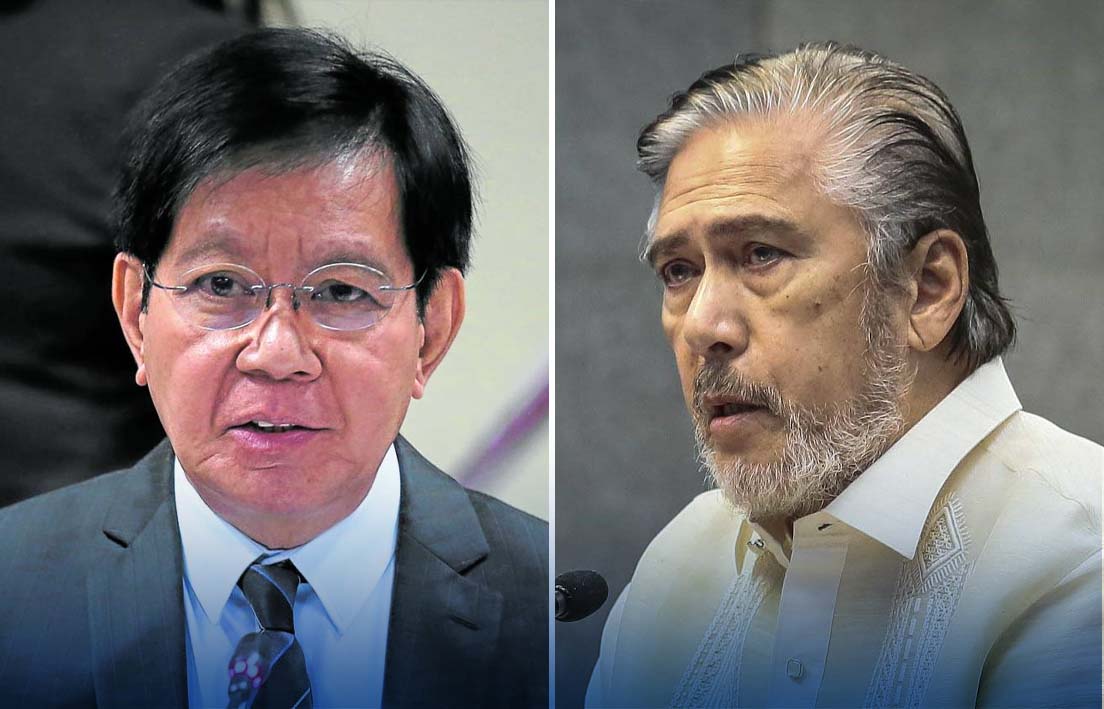
Sen. Panfilo “Ping” Lacson in a radio interview on Sunday named an official of the Department of Public Works and Highways (DPWH) as the person who allegedly contacted Senate Minority Leader Vicente “Tito” Sotto III to make early insertions in the proposed 2026 national budget.
Sotto confirmed Lacson’s claims in his separate interview also with dzBB.
The government’s spending plan has come under intense scrutiny amid the controversy over its flood control projects with private contractors.
In his interview on dzBB, Lacson said: “One Undersecretary Cabral called Sotto’s staff and told them to insert what they wanted to insert.”
According to the senator, the DPWH website lists Maria Catalina Cabral as undersecretary for planning, public-private partnership, and information management services.
“If Senator Sotto was one of those called by that executive, who else could have been contacted similarly and submitted their proposed insertions? How many members of the House and Senate made insertions?” Lacson said, adding that he was informed by Sotto that he did not submit anything “because we are advocating transparency and good governance.”
Cabral had already appeared in hearings on flood control projects conducted by both the Senate and the House of Representatives but said she did not know the answers to many of their queries.
The Inquirer tried to reach Cabral around Sunday noon. The public information office of the DPWH said she could easily be reached by email, but she had yet to respond when sought for comment.
According to Lacson, the official claiming to be Cabral called up a staff member of Sotto shortly after the midterm elections and asked them to propose what they want inserted in the National Expenditure Program (NEP) for 2026.
He noted that the 2026 NEP was already being prepared before President Marcos’ State of the Nation Address (Sona) on July 28.
He said the budget call started January and likely ended in June, in time for its submission to Congress within 30 days after the President’s Sona.
In his interview with dzBB, Sotto said: “Someone conveyed a message, asking if I was interested in making a submission for the NEP. I said no, because it’s as if I made insertions in the NEP if I do that. I never did that. Why would they think I would do that? That can even be a bait.”
He said he was told by an emissary that the name of the official who called up his staff was a certain “Usec Cabral.”
What Senate leaders know
Sotto also said Senate presidents are aware of budget insertions in the bicameral conference committee.
“That’s for sure, 100 percent,” said the former Senate leader himself.
But he said there were no insertions during the budgets on his watch as Senate president from May 2018 to June 2022.
“I never allowed that, unless institutional amendments,” Sotto said.
Asked if Senate President Francis Escudero and his predecessor, Sen. Juan Miguel Zubiri, should explain, Sotto said: “Maybe, our people will also ask for that when budget deliberation comes.”
Even finance committee chairs also knew about budget insertions, according to Sotto.
‘Collusion’
Lacson said collusion between agencies like the DPWH and lawmakers may have rendered useless the checks and balances in the budgeting process.
The lawmaker said he asked for relevant records of the DPWH and had seen hundreds of “distinct” entries, including 660 items for identical P100-million projects without locations or descriptions.
He said this could be one factor in Executive Secretary Lucas Bersamin’s statement urging the House of Representatives to heed the public demand for full accountability and “clean [its own] house first.”
“Safeguards will be rendered useless if there is collusion. If there is collusion, all safeguards will be disregarded, as seen in the briefing of the Development Budget Coordination Committee where there was collusion between legislators and the DPWH in the drafting of the NEP,” Lacson said.
In a post on X, he had a message for Mr. Marcos.
“We feel you, Mr. President. You have given me and my team the firm resolve to do our part in exposing, even compiling solid evidence to nail these ‘greedy flood-control profiteers’ and their cohorts both in the public and private sectors. We have your back, Sir.”
Mr. Marcos, in a podcast on Saturday, turned emotional as he claimed he was “very upset” about Filipinos having a hard time while the greedy ones profit.
Lacson said he would follow up on Wednesday his revelations about the corruption behind substandard and ghost flood control projects.
‘Budol’ scheme
Meanwhile, Escudero said he wants to slash the P250.8 billion in flood control projects from the P881.3-billion proposed spending plan of the DPWH for 2026.
In a statement, he said this allocation should be rechanneled to health, education and food production.
He noted that the nearly quarter-trillion-peso proposed funding for flood control projects accounts for a third of the entire DPWH budget and 20 times bigger than the amount earmarked for the construction of new school buildings.
“If we let this stand as it is, this budget will be deluged with criticism,” Escudero said.
The Senate chief said the Department of Budget and Management should “recast the DPWH budget and shrink the flood control funds to the required minimum to places where people are really in harm’s way when the rains come.”
In the House, Deputy Minority Leader and ACT Teachers Rep. Antonio Tinio claimed that what he called the “budol” scheme in the government’s national budget is the worst under the present administration.
In an online forum on Saturday, Tinio explained that the budol scheme is a three-step manipulation process: “bawas” (reduction), “dagdag” (insertion) and “habol” (pursue).
He said during that process, the programmed funds are reduced and the items transferred to “unprogrammed” funds or appropriations.
After the reduction, the insertion then happens, as there is already a portion in the programmed funds that is vacated.
Tinio said the programmed funds that are placed in the unprogrammed appropriations will then be pursued through excess revenues. —WITH A REPORT FROM MARY JOY SALCEDO
















